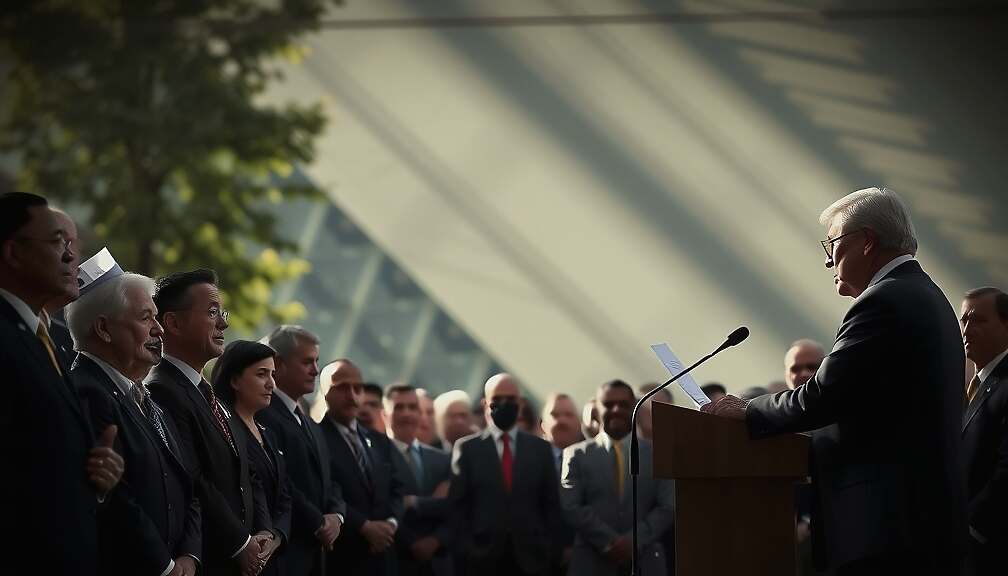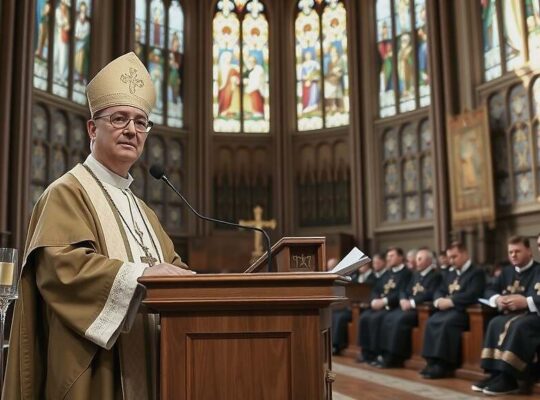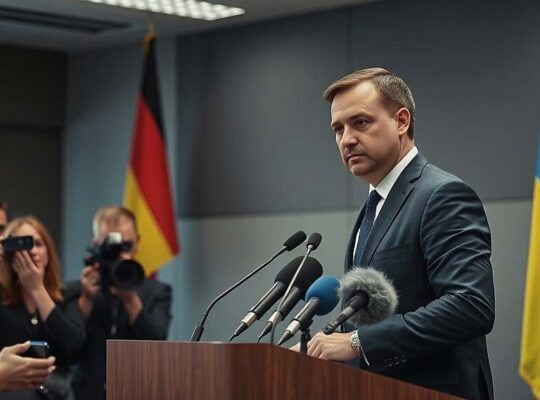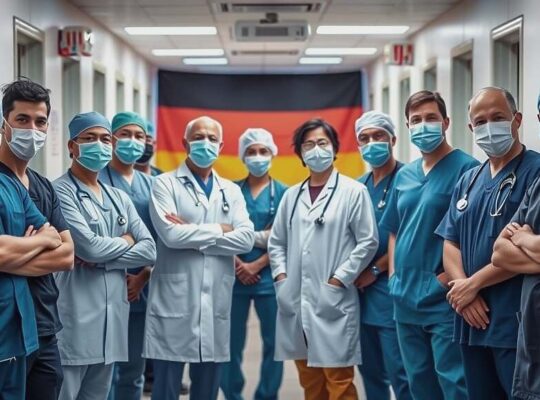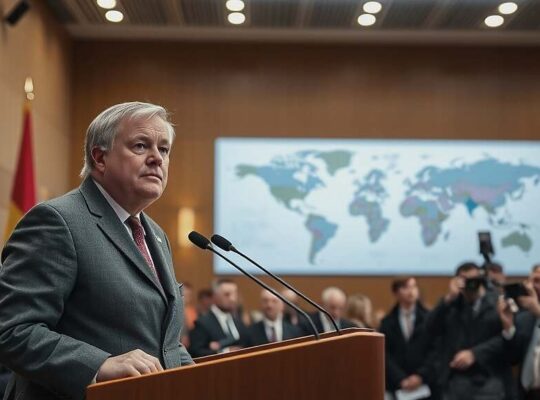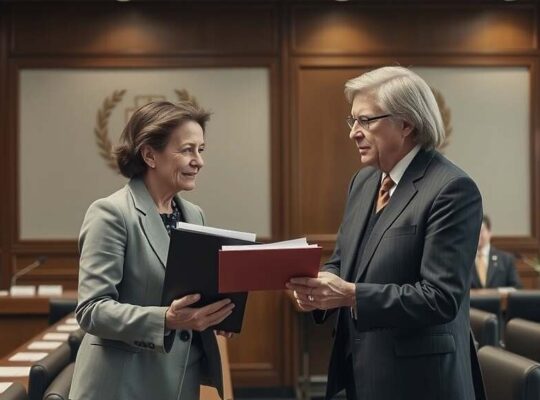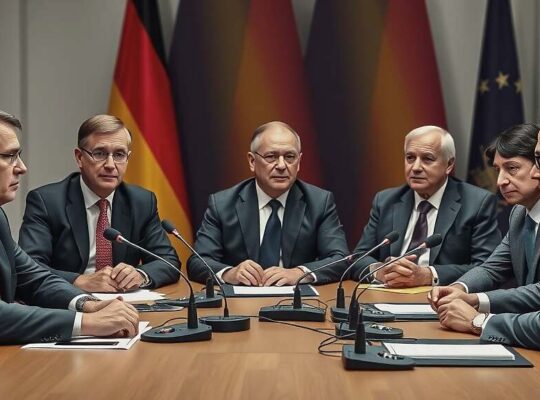Germany’s pivotal role within the North Atlantic Treaty Organization (NATO) has been underscored during a series of remarks commemorating the alliance’s 70 years of German membership. NATO Secretary General Mark Rutte praised Germany as “a driving force” within the alliance, emphasizing the need for continued German leadership and decisive action to ensure a stronger, fairer and more capable NATO capable of safeguarding freedom and security both now and in the future.
Defense Minister Boris Pistorius highlighted the significant challenges facing NATO, particularly in response to what he described as Russia’s revisionist and imperialist actions in Europe. He stressed the crucial need for European nations, including Germany, to assume greater responsibility within the alliance and pledged that Germany would lead the way. Pistorius specifically recognized the contributions of German troops stationed in Lithuania, characterizing their presence as “pioneers of this beacon project during a period of significant change”. He further detailed Germany’s commitment to logistical support for allied troop deployments to NATO’s eastern flank, as well as its contributions to maritime security in the northwest.
Foreign Minister Johann Wadephul described the upcoming years as presenting NATO with a “Herculean task” with the conflict in Ukraine serving as a testing ground for the viability of Europe’s security architecture. Wadephul emphasized the necessity of adjusting defense spending to levels comparable to those seen in the 1980s and underscored the importance of ensuring a more agile, resolute and technologically advanced NATO. He stated that crucial decisions had been made at the recent NATO summit and that the focus now shifts to ensuring the credibility of deterrence and military capabilities.
Chancellor Friedrich Merz painted a stark picture of the current threat landscape, referencing the proximity of Ukrainian cities impacted by Russian attacks, Russian naval provocations in the Baltic Sea and acts of hybrid warfare and sabotage targeting critical infrastructure and societal cohesion. He noted that assassinations carried out on behalf of the Russian government have occurred in Europe, including near the event’s location in Berlin. In light of this serious situation, Merz reiterated Germany’s commitment to defending freedom within the Euro-Atlantic space, a pledge made upon its accession to NATO 70 years ago.


